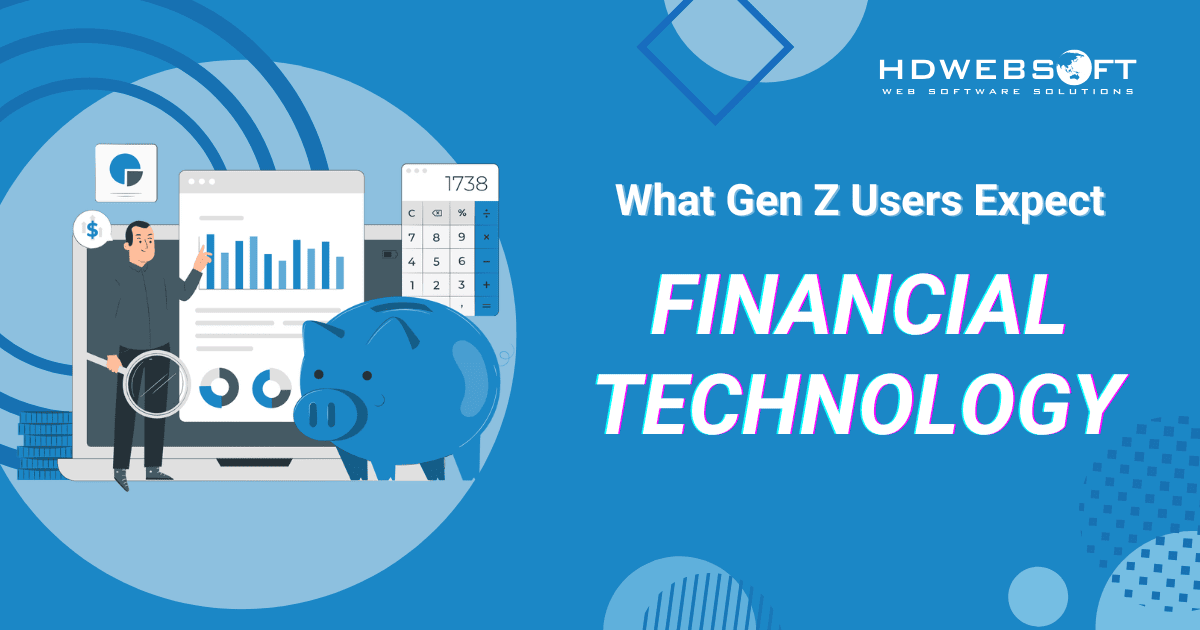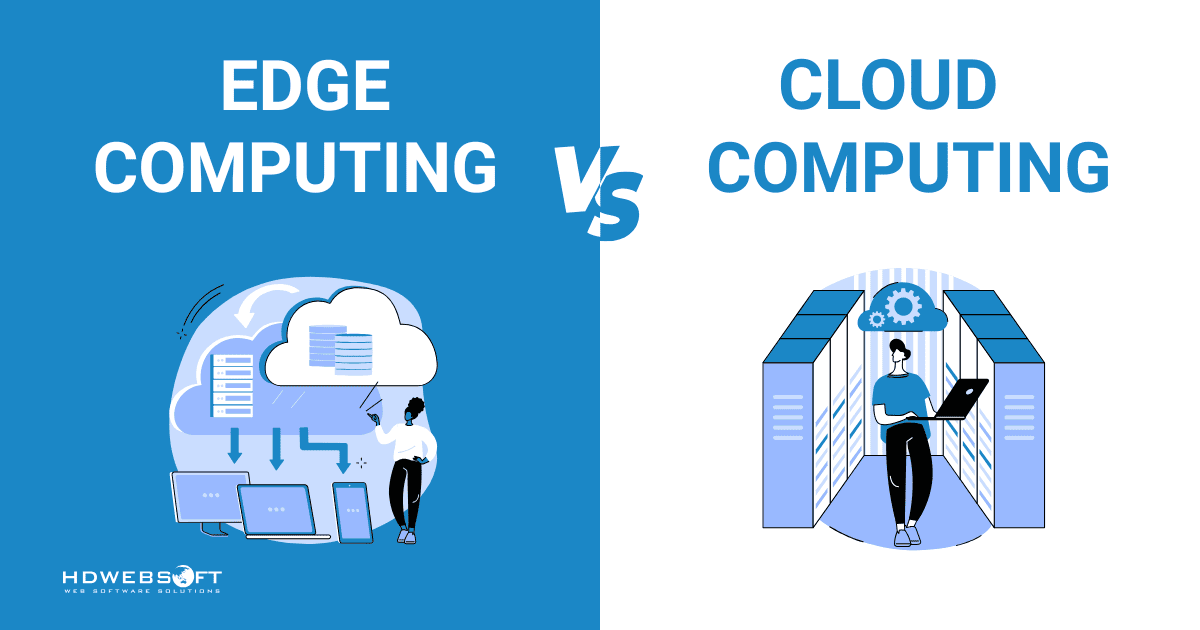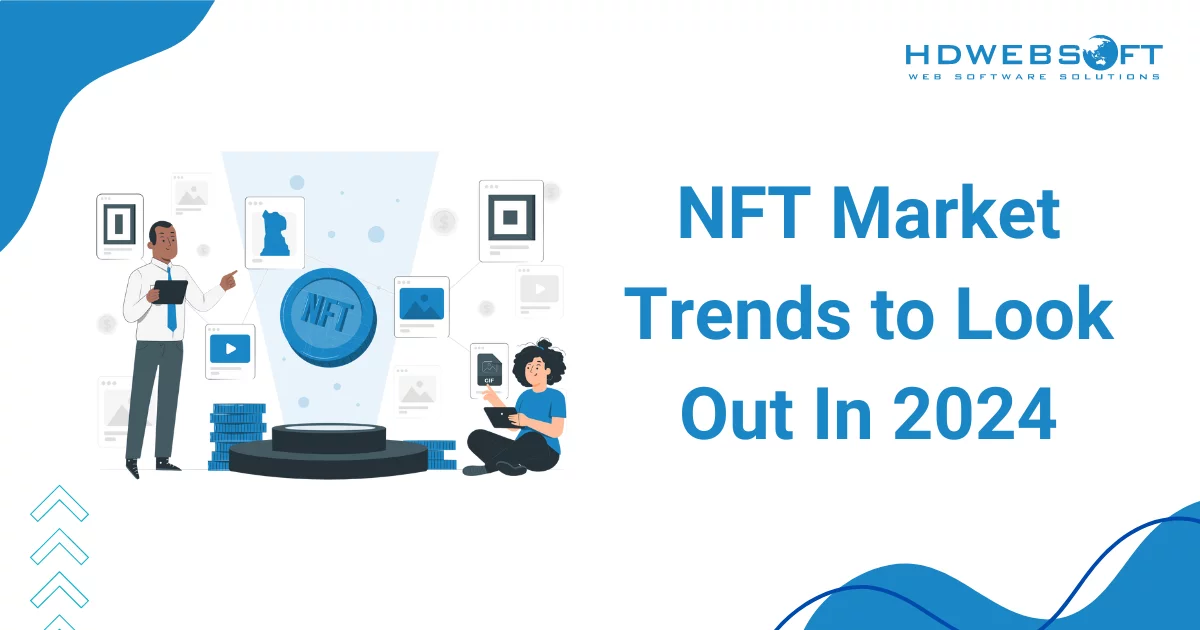
NFT Market Trends to Look Out In 2024
The NFT market has experienced meteoric growth in recent years, capturing the attention of investors, artists, and tech enthusiasts alike. This remarkable expansion has captured the attention of investors seeking new opportunities, artists exploring innovative ways to monetize their work, and tech enthusiasts intrigued by its underlying blockchain technology.
As we progress through 2024, the NFT landscape continues to evolve, driven by advancements in technology and changing consumer preferences. Staying informed about the latest trends in this dynamic industry is more crucial than ever, as it holds the potential to redefine digital ownership, creativity, and commerce on a global scale.
This blog post will provide an overview of the NFT market, delve into key trends to watch, and explore the exciting intersection of NFTs and the metaverse.
Overview of the NFT Market
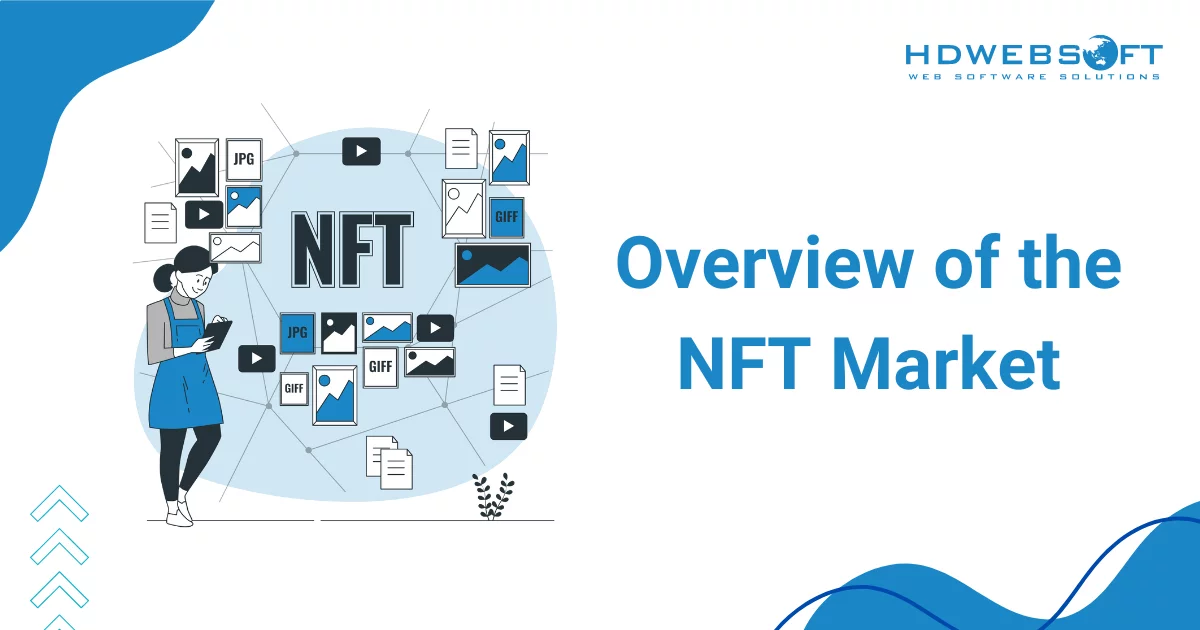
The NFT market has grown exponentially, establishing itself as a critical component in the digital economy. The global market for non-fungible tokens (NFTs) is projected to be valued at around $608.6 million by 2025. It is expected to grow at a compound annual growth rate (CAGR) of 34.5% between 2024 and 2030. This remarkable expansion is being driven by increased adoption across industries like art, gaming, and real estate.
Key Players in the NFT Market
Several platforms dominate the NFT ecosystem, with OpenSea leading the way as one of the largest NFT marketplaces. Notably, it facilitates the trading of various digital assets, hosting millions of users and approximately 140,000 wallets, and actively trades NFTs monthly. Furthermore, other major players such as Rarible, SuperRare, and Foundation also contribute to the expanding NFT ecosystem. They achieve this by providing decentralized platforms that cater to both artists and collectors.
In terms of blockchain infrastructure, Ethereum remains the most widely used blockchain for NFTs in the NFT market. Furthermore, the Ethereum network’s shift to a proof-of-stake consensus significantly cut its energy consumption by over 99%. As a result, this move has made Ethereum more environmentally sustainable and increased its attractiveness for minting and trading NFTs. Meanwhile, other blockchains, such as Tezos and Polygon, are also gaining traction due to their lower transaction costs and eco-friendly operations.
Adoption Rates
Non-fungible token adoption rates are soaring, especially in regions like Asia. Countries such as the Philippines, Thailand, and Vietnam are leading in NFT ownership, with an expected user penetration rate of 0.08% by 2025. Additionally, markets in the United States are seeing strong participation, with states like California emerging as significant hubs for NFT activity.
Despite challenges such as market volatility and regulatory concerns, the NFT market continues to expand. This growth is driven by new applications, ranging from digital art to real-world asset tokenization, bringing NFTs to mainstream audiences.
Maybe you’re interested: How to Choose the Right NFT Exchange Development Company.
Key NFT market trends
The NFT market has continued to evolve in 2024, fueled by technological advancements and the exploration of new use cases. The industry is experiencing a transformation that will likely affect digital ownership and investments in the long term. Here are some key trends to watch in the non-fungible token market this year and years to come.
Hybrid NFTs
Hybrid NFTs are one of the most exciting developments in the market. These NFTs bridge the gap between the digital and physical worlds, offering tangible real-world value. Unlike traditional NFTs, which are purely digital, hybrid NFTs represent both digital assets and physical items.
For example, collectors might purchase an NFT that includes exclusive access to a physical product or event. This trend is gaining traction in industries such as fashion, where NFT ownership could provide both digital artwork and a limited-edition piece of clothing.
The launch of Pandora ($PANDORA), the first ERC-404 token, has sparked a surge in interest, pushing its market capitalization to nearly $180 million.
The ERC-404 standard combines the features of ERC-721 (non-fungible) and ERC-20 (fungible) tokens. This enables fractional ownership of NFTs, where holding portions of a token can eventually lead to obtaining a complete NFT. In some cases, the combined portions may result in a different NFT altogether.
Furthermore, hybrid NFTs also enhance the uniqueness and scarcity of physical collectibles by attaching a digital certificate of authenticity. As this market segment grows, it opens new possibilities for brands to connect with consumers, blending the online and offline experience in unprecedented ways.
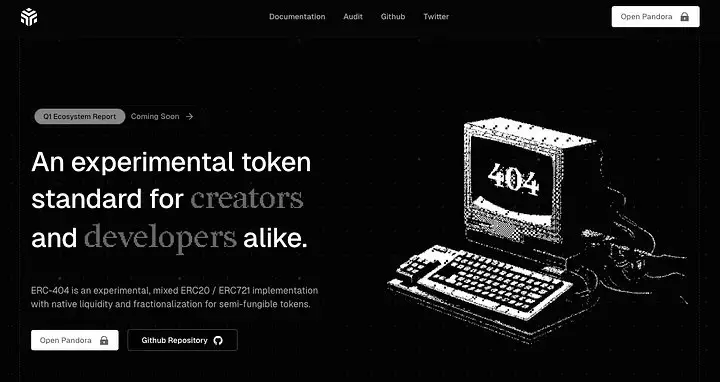
Hybrid NFTs are introduced by Pandora on February 5. They are an exciting development in the NFT market.
Real-World Asset (RWA) Tokenization
A growing focus in the NFT market is the tokenization of real-world assets (RWA). This trend involves transforming physical assets like real estate, intellectual property, and commodities into NFTs, making them easier to trade, fractionalize, and access through decentralized networks.
In 2024, we are witnessing increased interest in applying NFT technology to high-value assets like real estate and precious metals. As a result, tokenization enhances liquidity, enabling investors to trade fractional ownership of physical assets.
NFTs representing real-world assets also offer more transparency and reduced transaction costs compared to traditional asset management methods. Additionally, these digital tokens are expected to revolutionize sectors like real estate by offering greater liquidity and easier cross-border transactions. As more industries explore the potential of RWA tokenization, this trend will significantly broaden the market beyond its current scope.
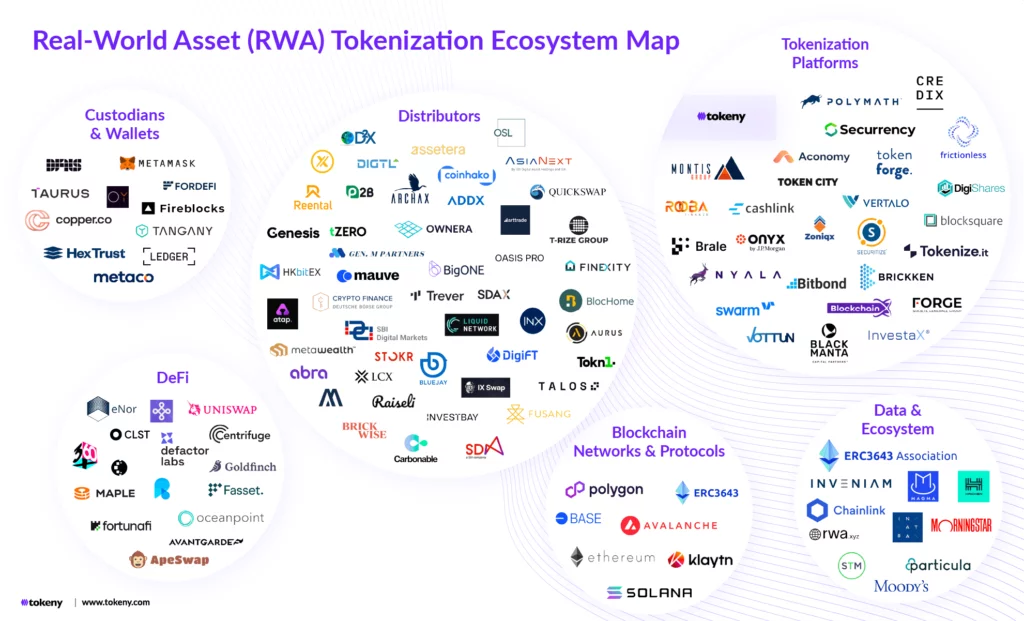
RWA Tokenizations are implemented in various industries as an emerging trend in the NFT market.
NFT Gaming Expansion
The gaming sector continues to be a major growth driver in the NFT market. NFTs are increasingly integrated into video games, allowing players to buy, sell, and trade in-game items, characters, and virtual land. This gives players actual ownership over their digital assets, a concept that’s gaining ground among both game developers and players.
In 2024, major gaming studios are investing heavily in NFT gaming. For example, Axie Infinity has already generated over $4 billion in sales volume, showing the potential of NFTs in gaming. Consequently, this approach allows players to monetize their gaming experiences and own unique digital items that can be traded across different games or platforms.
Furthermore, with more high-quality NFT-based games in development, this trend is expected to become a pivotal force in NFT marketplaces.
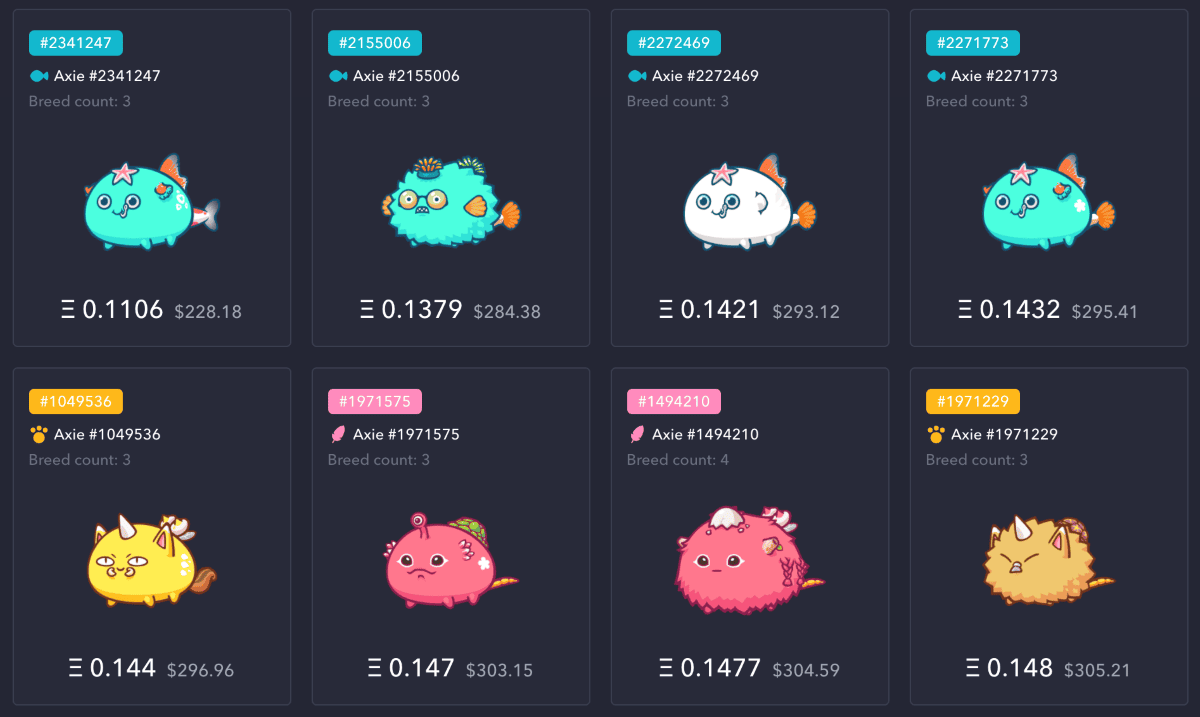
Axie Infinity marketplace, powered by NFTs.
Ordinals: Bitcoin-based NFTs
One of the more novel developments in the NFT market is the rise of Ordinals, Bitcoin-based NFTs. Traditionally, NFTs have been associated with Ethereum and other blockchains like Solana or Tezos, which have built-in smart contract functionality.
However, recent innovations have enabled NFTs to be created and stored on the Bitcoin blockchain through a protocol known as Ordinals. This significant breakthrough challenges the previous perception of Bitcoin as a less flexible network for creating NFTs.
Ordinals allow users to inscribe digital content, like images, videos, and text, directly onto individual satoshis, Bitcoin’s smallest unit. This makes Bitcoin-based NFTs unique and highly sought after, especially among Bitcoin enthusiasts who view this as a new frontier for the network.
As the technology evolves, it could potentially position Bitcoin as a more prominent player in the non-fungible token market. This development would open up new possibilities for decentralized applications on the Bitcoin network.
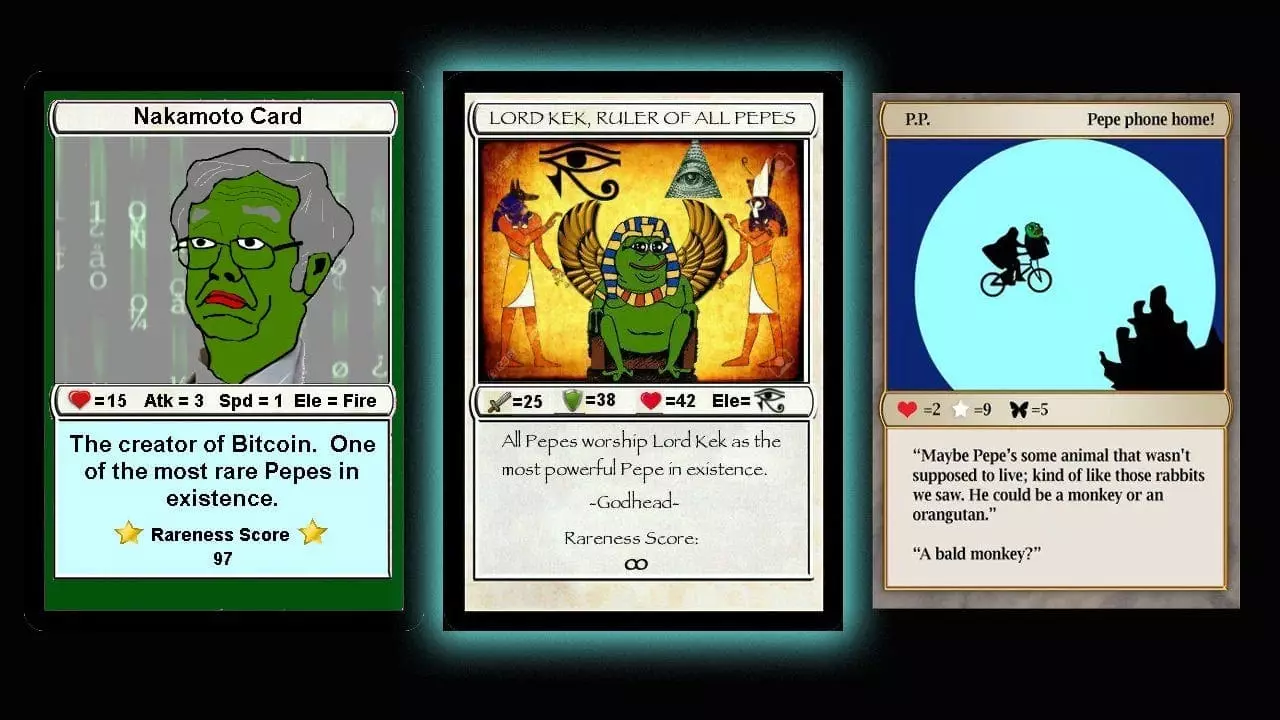
An example of bitcoin-based NFTs in the NFT market.
Utility NFTs
Utility NFTs represent a shift in the NFT market from simple digital collectibles to assets that provide real-world functionality. Specifically, these NFTs offer additional benefits or perks beyond ownership of the token itself, making them increasingly popular across industries. For instance, utility NFTs can grant access to exclusive events, serve as membership tokens for specific communities, or offer discounts and other tangible benefits.
One of the most promising applications of utility NFTs is in decentralized finance (DeFi). In this context, NFTs are used as collateral for loans, thereby granting access to specific financial services. In addition, in gaming, utility NFTs may unlock special in-game privileges, such as characters, skins, or exclusive missions.
As these tokens evolve, they are poised to play a larger role in shaping the NFT market. By providing real-world utility and long-term value to their holders, they are set to become increasingly significant. Therefore, this versatility ensures that utility NFTs will drive the continued growth and adoption of NFTs.
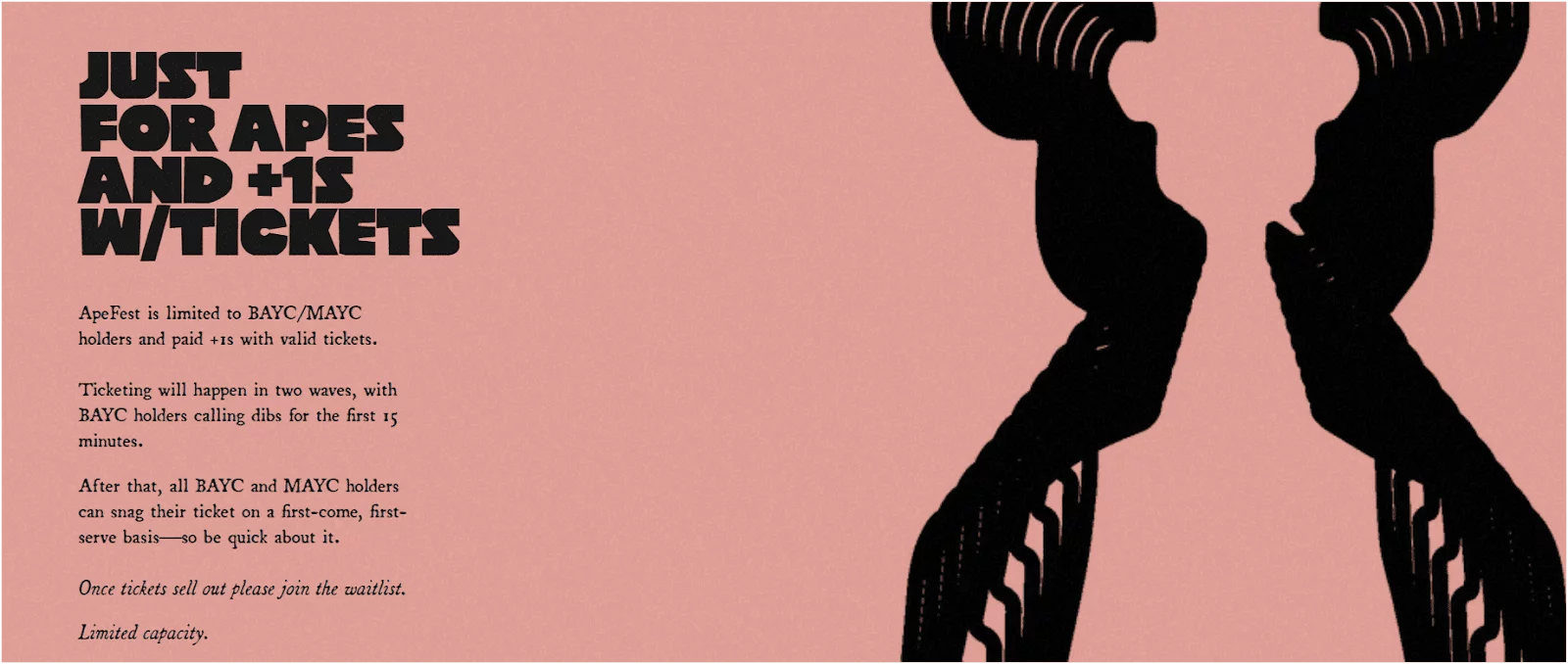
Events for the BAYC/MAYC holders, an example of Utility NFTs.
NFTs and the Metaverse for Virtual Economy
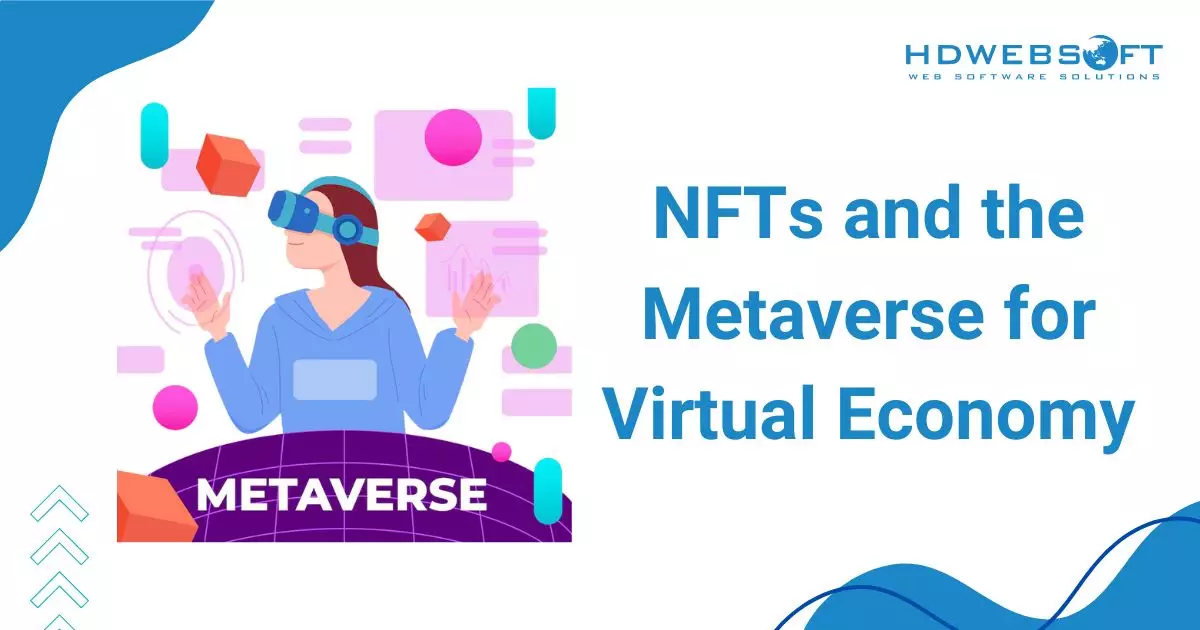
The NFT market and the metaverse are increasingly intertwined as both concepts evolve into the future of the digital economy. Let’s see how these concepts complement each other:
What is Metaverse?
The Metaverse represents a vision of a fully immersive, persistent virtual environment where users can interact with each other and digital objects in real-time. Unlike traditional online experiences, Metaverse aims to be a fully integrated digital universe, blending augmented reality (AR), virtual reality (VR), and blockchain technology. Consequently, it promises a space where digital and physical realities coexist, offering new forms of social interaction, entertainment, and commerce.
NFTs’ Application in Metaverse
NFTs provide a foundation for the ownership of digital assets within the metaverse, transforming it into a thriving virtual economy:
Digital Real Estate
One of the most exciting applications of the NFT market in the Metaverse is the concept of digital real estate, furthering the growth of proptech within virtual environments. Virtual worlds like Decentraland, The Sandbox, and Somnium Space sell virtual land as NFTs, allowing users to purchase, develop, and trade digital properties. Consequently, these virtual land plots can create anything from virtual storefronts and entertainment venues to interactive experiences.
As more users flock to the Metaverse, the demand for digital real estate is anticipated to soar. Thereby, it drives up value and creates a new market for virtual property investment.
Virtual Goods and Collectibles
NFTs also enable the creation and trade of virtual goods and collectibles within the Metaverse. Users can buy, sell, and trade unique digital items such as clothing, accessories, and virtual pets.
For example, in games like Axie Infinity and Cryptokitties, players can own and trade unique digital creatures as NFTs. These items can enhance the gaming experience and provide a sense of ownership and individuality.
As the Metaverse grows, the market for virtual goods is anticipated to expand, offering new opportunities for creators and collectors alike.
Interactive Experiences and Events
The NFT market is transforming how events and experiences are conducted in the Metaverse. Virtual concerts, art exhibitions, and social gatherings are facilitated through NFT technology. It allows users to attend, participate, and even own exclusive access to these events.
For instance, musicians and artists leverage NFTs to create unique virtual experiences and sell limited-edition content to their audiences. This not only enhances the user experience but also opens up new revenue streams for creators and event organizers.
Final Words…
Substantial growth in the NFT market is expected and fueled by real-world applications, gaming integration, and metaverse advancements. While challenges like regulatory clarity and environmental impact remain, the potential for NFTs to reshape industries is undeniable. As adoption increases and new applications emerge, NFTs will continue transforming how we think about ownership and value in both digital and physical worlds.
HDWEBSOFT is a leading provider of NFT exchange development services, specializing in creating cutting-edge platforms that cater to the evolving needs of the NFT market. With a team of experienced developers and blockchain experts, we offer comprehensive solutions for businesses looking to launch and manage their own NFT marketplaces.






